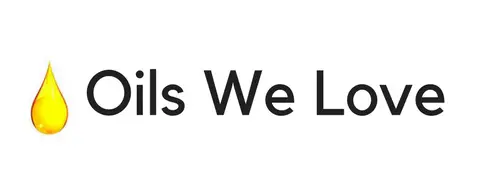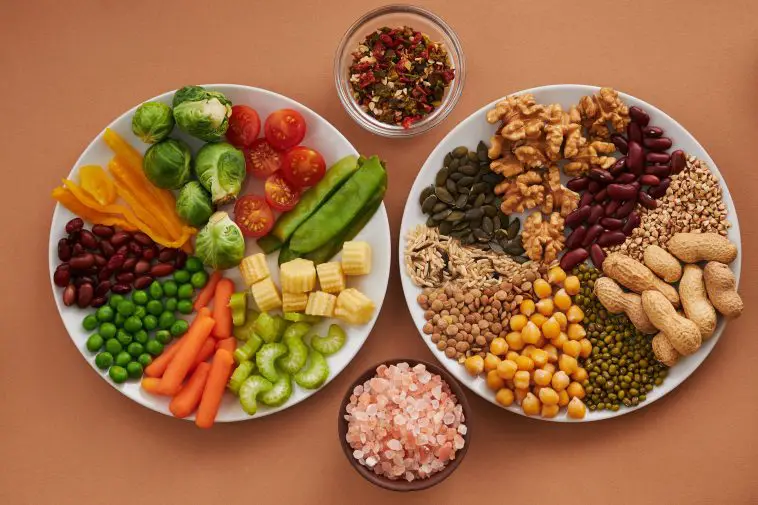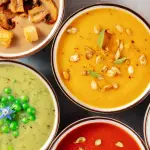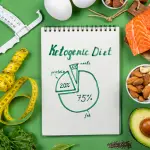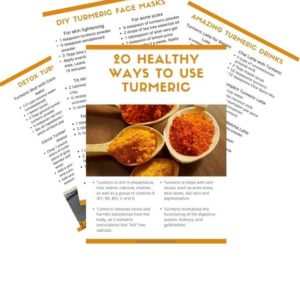Zinc is an essential mineral that plays a crucial role in various bodily functions. From supporting a healthy immune system to aiding in wound healing, zinc is an important nutrient that should not be overlooked. In this article, we will explore 15 different foods that are high in zinc, making them perfect additions to your diet if you are looking to improve your overall health and well-being.
Before we dive into the specific foods, let’s first understand the importance of zinc in the body. Zinc is involved in over 300 enzymatic reactions and is necessary for the proper functioning of many proteins. It helps with DNA synthesis, cell division, and growth, making it especially important for women in their 30s who are embarking on their health journey.
The recommended daily intake of zinc varies based on factors such as age, sex, and life stage. For women in their 30s, the recommended daily intake is 8 milligrams. However, certain factors, such as pregnancy or breastfeeding, may increase the recommended intake.
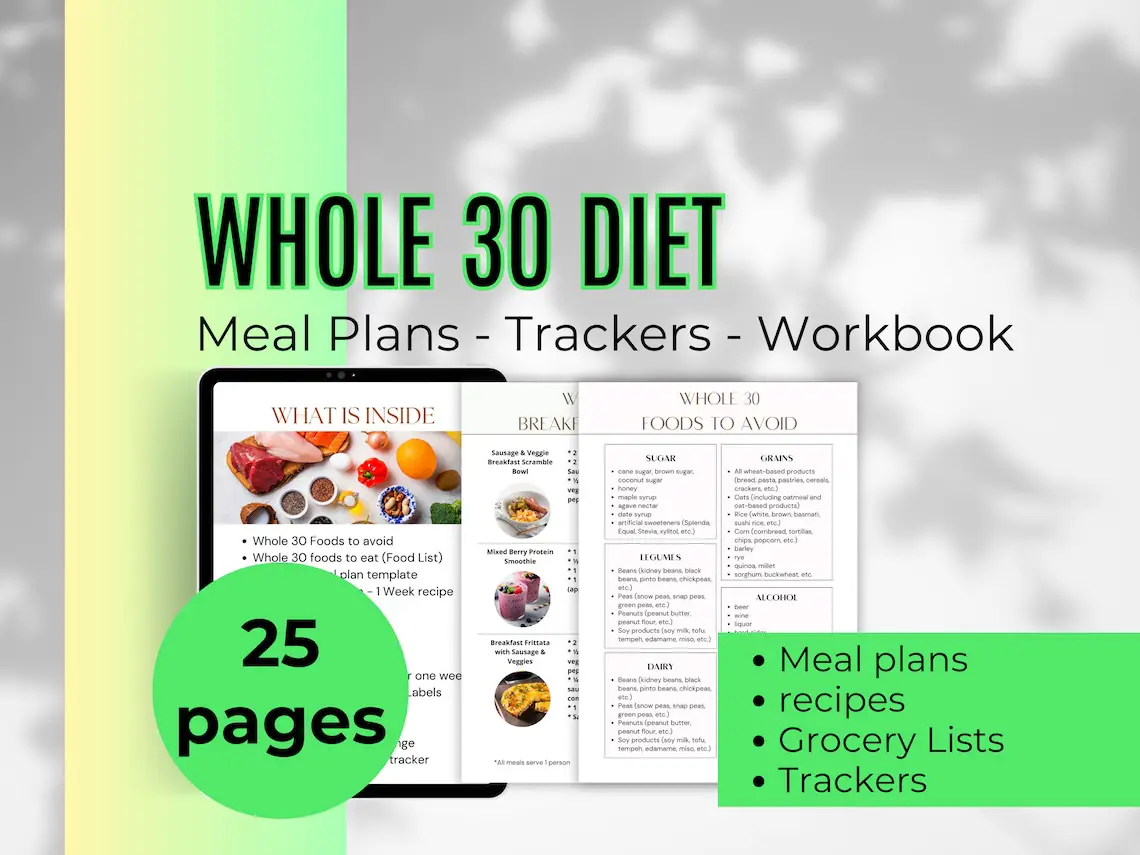
- Whole30 meal plan with 21 recipes
- Food lists (what to eat and what to avoid)
- 31 Things to Avoid on Food Labels
- Whole30 food trackers
- Grocery Lists. Challenges. Symptoms Tracker
By incorporating these zinc-rich foods into your diet, you can reap the numerous benefits that zinc offers. From boosting your immune system to promoting healthy skin and hair, zinc can enhance your overall well-being. So, let’s dive into the top 15 foods that are high in zinc and start nourishing our bodies from the inside out.
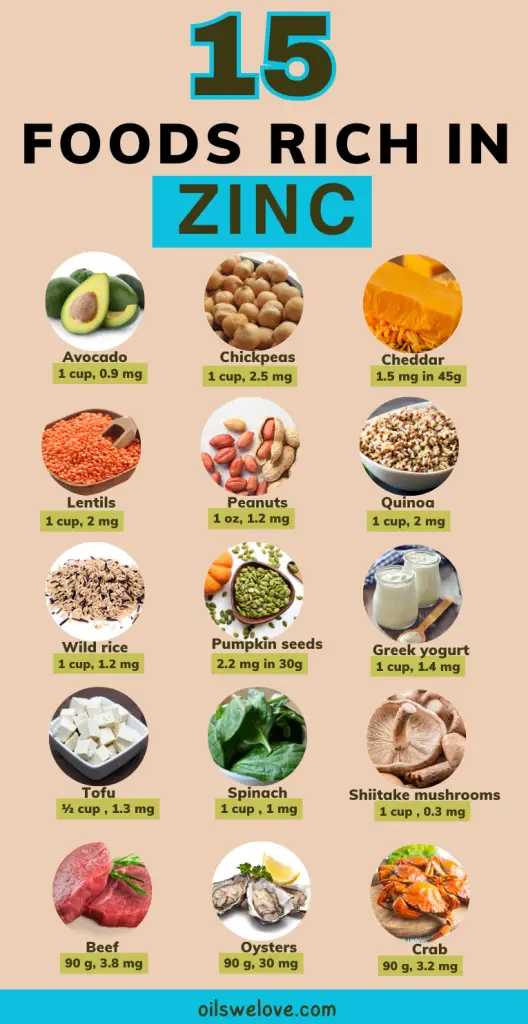
Legumes and Nuts
- Chickpeas
- Lentils
- Peanuts
Legumes and nuts are another great source of zinc. Chickpeas, also known as garbanzo beans, are not only high in protein and fiber but also packed with zinc. Just one cup of cooked chickpeas contains about 2.5 mg of zinc, which is about 23% of the recommended daily intake for women.
Lentils are another legume that are rich in zinc. One cup of cooked lentils provides approximately 2 mg of zinc, making it a great addition to your diet. Lentils are also a good source of iron, fiber, and protein, making them a versatile and nutritious choice.
Peanuts may be small, but they are mighty when it comes to zinc content. One ounce of dry roasted peanuts contains about 1.2 mg of zinc, which is about 11% of the recommended daily intake for women. Peanuts are also rich in healthy fats, fiber, and protein, making them a great snack option.
Pro tip: If you’re looking to boost your zinc intake, try adding chickpeas, lentils, or peanuts to your salads, soups, or stir-fries. You can also enjoy them as a snack on their own or as part of a trail mix.
Seeds and Grains
- Pumpkin seeds
- Quinoa
- Wild rice
Pumpkin seeds are an excellent source of this essential mineral. Just one ounce of pumpkin seeds contains about 2.2 mg of zinc, which is about 20% of the recommended daily intake for women. Pumpkin seeds are also rich in antioxidants, magnesium, and fiber.
Quinoa is a versatile grain that is not only gluten-free but also a good source of zinc. One cup of cooked quinoa provides approximately 2 mg of zinc. Quinoa is also a complete protein, meaning it contains all nine essential amino acids, making it a nutritious choice for vegetarians and vegans.
Wild rice, which is actually a seed and not a grain, is another zinc-rich food to include in your diet. One cup of cooked wild rice contains about 1.2 mg of zinc. Wild rice is also higher in protein and fiber compared to white rice, making it a healthier alternative.
Pro tip: To incorporate more zinc-rich seeds and grains into your diet, try adding pumpkin seeds to your salads or trail mix. Use quinoa as a base for your grain bowls or as a side dish. Substitute wild rice for white rice in your recipes to boost your zinc intake.
Dairy and Dairy Alternatives
- Yogurt
- Cheese
- Tofu
Dairy products and their alternatives can also be a good source of zinc. Yogurt, especially Greek yogurt, contains a moderate amount of zinc. One cup of Greek yogurt provides about 1.4 mg of zinc. Greek yogurt is also high in protein and calcium, making it a nutritious and filling snack.
Cheese, particularly Swiss cheese, is another dairy product that is rich in zinc. One ounce of Swiss cheese contains about 1.2 mg of zinc. Cheese is also a good source of calcium and protein, but it should be consumed in moderation due to its high fat content.
Tofu, a popular plant-based protein source, is also a good source of zinc. Half a cup of firm tofu provides approximately 1.3 mg of zinc. Tofu is also low in calories and cholesterol-free, making it a healthy choice for vegetarians and vegans.
Pro tip: To incorporate more zinc-rich dairy and dairy alternatives into your diet, enjoy Greek yogurt as a breakfast or snack. Add cheese to your sandwiches or salads in moderation. Experiment with tofu in stir-fries, soups, or as a meat substitute in your favorite recipes.
Fruits and Vegetables
- Avocado
- Spinach
- Mushrooms
Lastly, let’s not forget about fruits and vegetables when it comes to getting our daily dose of zinc. Avocado, a popular fruit known for its healthy fats, is also a good source of zinc. Just one medium-sized avocado contains about 1 mg of zinc.
Spinach, a nutrient-dense leafy green, is another vegetable that is rich in zinc. One cup of cooked spinach provides approximately 1 mg of zinc, making it a great addition to salads, smoothies, or cooked dishes.
Mushrooms, particularly shiitake mushrooms, are also a good source of zinc. One cup of cooked shiitake mushrooms contains about 0.3 mg of zinc. Mushrooms are also low in calories and fat, making them a healthy addition to your meals.
Pro tip: Incorporate more zinc-rich fruits and vegetables into your diet by adding avocado to your salads, sandwiches, or as a topping for toast. Include spinach in your smoothies, omelets, or pasta dishes. Try cooking with shiitake mushrooms in stir-fries, soups, or as a meat substitute.
Meat and Seafood
Beef: Beef is not only a great source of protein but also contains a significant amount of zinc. A 90g serving of beef provides about 3.8 milligrams of zinc. So, next time you’re craving a juicy steak, you can enjoy it knowing that you’re also getting a dose of this essential mineral.
Oysters: Oysters are well-known for their aphrodisiac properties, but did you know they are also packed with zinc? In fact, a 90g serving of oysters can provide you with approximately 30 milligrams of zinc! That’s way more than the recommended daily intake. So, if you’re looking to amp up your zinc intake, consider adding some oysters to your next seafood feast.
Crab: Another delicious seafood option that’s high in zinc is crab. A 90g serving of crab contains about 3.2 milligrams of zinc. Not only is crab a good source of this essential mineral, but it’s also low in calories and high in protein. So, if you’re looking for a nutritious and tasty option, crab is a great choice.
